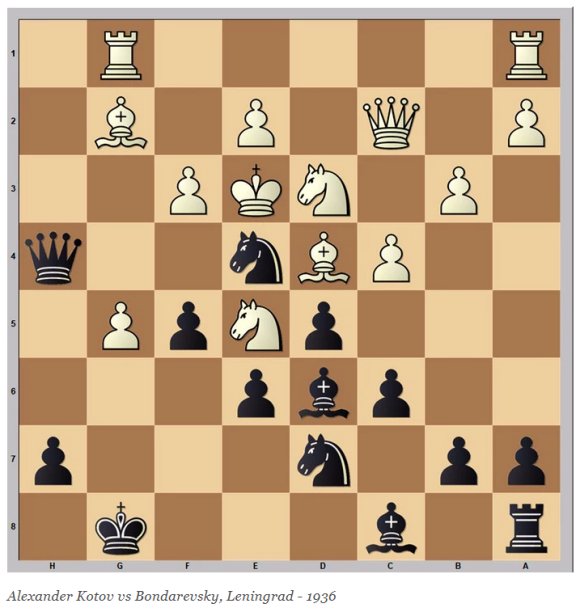The rightish television presenter Tucker Carlson today offered his Twitter followers one of the best “tweetstorms” I’ve ever seen: #100RacistThings. You can see the thread here, but it’s so good I’m going to preserve it for posterity in this post — because this is the sort of thing that gets people banned from Twitter these days.
1. Tamarisk trees in Palm Springs, California.
2. The ice cream truck song.
3. Credit scores.
4. Car insurance.
5. Crime statistics.
6. Halloween costumes.
7. Calling Elizabeth Warren “Pocahontas.”
8. Most of the better Disney movies.
9. Dr. Seuss.
10. White flight.
11. Reversing white flight.
12. White chefs who make burritos.
13. Milk.
14. Tanning.
15. NFL owners.
16. Being mad about NFL national anthem protests.
17. Mathematics. (See also here.)
18. Science.
19. Yale requiring English students to study Chaucer and Shakespeare.
20. All white people.
21. Proper English grammar.
22. Patriotism.
23. The iPhone X’s facial recognition technology.
24. Makeup.
25. Emoji.
26. Amy Schumer.
27. To Kill a Mockingbird.
28. The SAT.
29. Military camouflage.
30. Electronic music.
31. The August solar eclipse.
32. Bitcoin.
33. The “okay” sign.
34. Having a white person box against a black person.
35. The pornographic industry.
36. Apu from The Simpsons.
37. The white nuclear family.
38. Algorithms.
39. Artificial intelligence.
40. “Jingle Bells.”
41. Lucky Charms.
42. Deporting people.
43. Bernie Sanders supporters.
44. Pumpkin spice lattes.
45. White people celebrating Cinco de Mayo.
46. Lacrosse.
47. The Betsy Ross flag.
48. The Gadsden flag.
49. Expecting people to show up on time for things.
50. Cartoons of frogs.
51. Nostalgia.
52. Soda taxes.
53. Coca-Cola (but not Pepsi).
54. Wendy’s.
55. Aesthetics.
56. Star Wars.
57. Hollywood.
58. The Oscars.
59. Democrats.
60. Republicans.
61. The Nightmare Before Christmas director Tim Burton.
62. Walmart.
63. The Hindi loanword “thug.
64. Babies.
65. Bulletproof glass.
66. Referring to “canoes” and “paddles.
67. College football.
68. The NBA draft.
69. Referring to ethnic food as “ethnic food.”
70. The White Privilege Conference.
71. Abbreviating the word “guacamole”.
72. Property taxes.
73. Tax cuts.
74. New Jersey. The whole state.
75. School grades.
76. Canada.
77. American Airlines.
78. Not renting your home to criminals.
79. Criminal background checks.
80. Art history.
81. Atheism.
82. School discipline.
83. Saying you are English.
84. English-only education.
85. Othello.
86. Capitalism.
87. Socialism.
88. Karl Marx.
89. Highways.
90. Diabetes.
91. Climate change.
92. Accurately describing criminal suspects.
93. Pollution.
94. Not wanting white people to leave a college campus.
95. The Bible.
96. McDonalds.
97. Craft beer.
98. The British monarchy (but NOT the royal family).
99. The Washington Redskins.
100. Everything.




